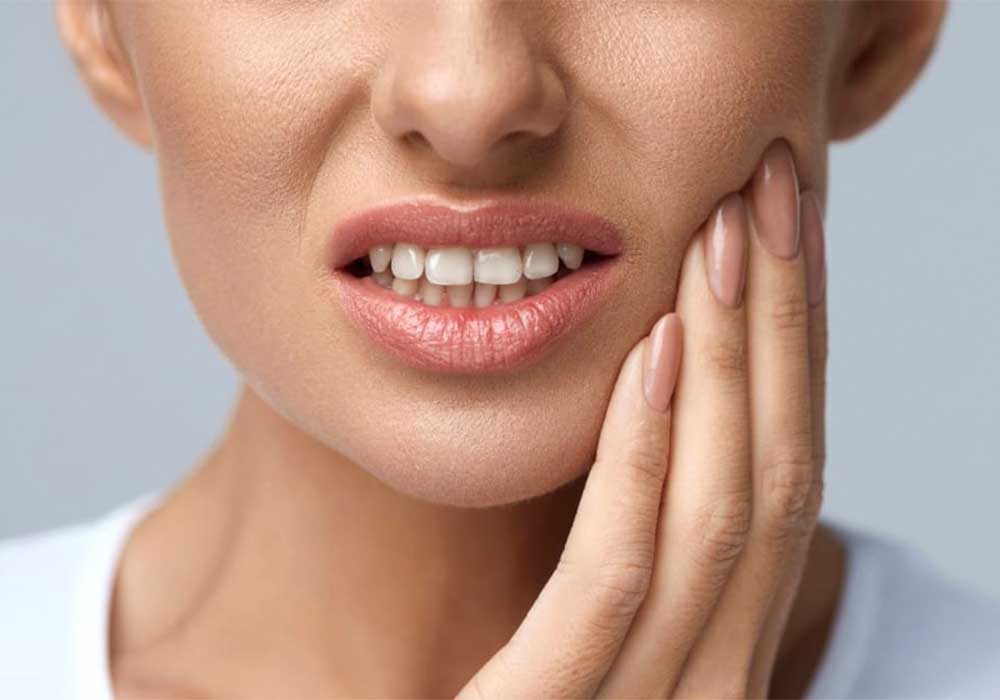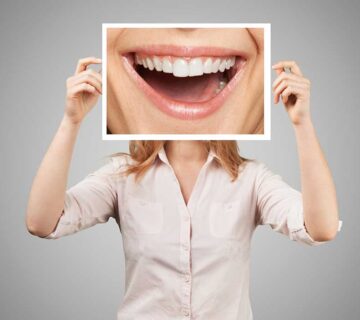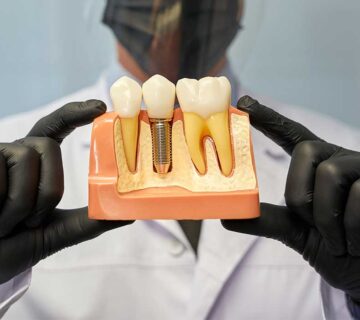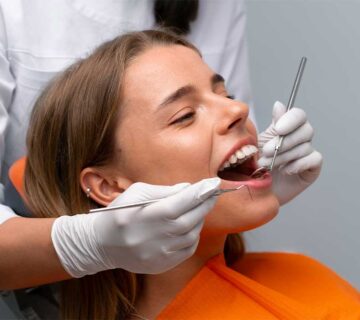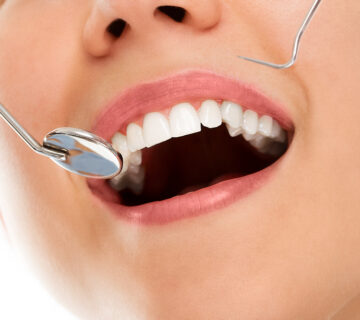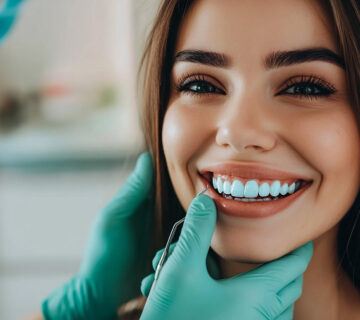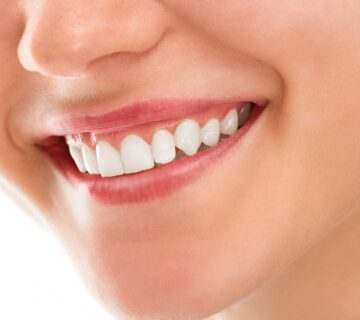Bruxism, popularly known as teeth clenching or grinding, is a very common disorder. This condition, which is usually caused by factors such as stress, anxiety or sleep disorders, can lead to serious damage to the teeth, jaw joint and muscles over time.
As Private A1 Dent Oral and Dental Health Polyclinic, we offer modern and effective solutions to our patients in the treatment of bruxism. In this article, we answered the most frequently asked questions about bruxism for you.
What is Bruxism and Why Does It Occur?
Bruxism is a condition in which a person involuntarily clenches or grinds their teeth. It most often occurs during sleep, but it can also occur during daylight hours in some people.
Reasons:
- Stress and Anxiety: The most common cause of bruxism is emotional stress and anxiety.
- Sleep Disorders: Disorders such as sleep apnea can trigger bruxism.
- Problems in Tooth Structure: Closure disorders may cause improper contact of the teeth.
- Genetic Factors: If there is a family history of bruxism, the individual’s risk of developing it may increase.
- Triggering Habits: Consumption of alcohol, caffeine and cigarettes can increase bruxism.
What are the symptoms of Bruxism?
Bruxism often goes unnoticed and most people are unaware of the condition until they notice their complaints. The most common symptoms are:
- Waking up in the morning with jaw, face or headache,
- Wear and sensitivity on teeth,
- Pain or crackling sound in the jaw joint,
- Tension and pain in facial muscles,
- Teeth grinding sound during sleep (may be noticed by the partner).
What Happens If Bruxism Is Untreated?
Untreated bruxism can cause serious damage to the structure of the teeth and jaw joint:
- Wear and Cracks in Teeth: Teeth wear out and become sensitive over time.
- Jaw Problems: Disorders and pain may occur in the jaw joint (TMJ).
- Fatigue in Facial Muscles: Constant tightening of the muscles causes pain and muscle fatigue.
- Tooth Loss: Excessive pressure can lead to tooth loss.
How to Treat Bruxism?
At Private A1 Dent Oral and Dental Health Polyclinic, bruxism treatment is personalized according to each patient’s condition. Here are our treatment methods:
- Night Plate Usage: A transparent night plate is prepared to protect the patients’ teeth. This plaque allows the teeth to wear down and the jaw muscles to relax.
- Botox Application:
Botox applied to the jaw muscles controls bruxism by preventing the muscles from working excessively. It is an effective and safe method. - Treatment of Tooth Closure Disorders:
If bruxism is caused by malocclusion, orthodontic treatment or restorative dental treatments can be applied. - Stress Management and Psychological Support:
In cases where bruxism is caused by stress, stress management techniques and psychological support are recommended to our patients. - Lifestyle Changes:
Reducing caffeine and alcohol consumption and developing regular sleep habits can relieve bruxism symptoms.
What Can You Do to Prevent Bruxism?
You can take these precautions to prevent bruxism and relieve symptoms:
- Do relaxation exercises to cope with daily stress.
- Avoid caffeine, alcohol and nicotine consumption before bed.
- Creating a regular sleep routine.
- Avoid putting excessive pressure on your teeth.
A Healthy and Comfortable Treatment Process with Private A1 Dent
Bruxism can be controlled with a correct treatment plan and your dental health can be protected. At Private A1 Dent Oral and Dental Health Polyclinic, we are at your service in the treatment of bruxism with our expert physicians and modern technology. If you are struggling with bruxism and want to have a comfortable sleep, contact us immediately. We are here for a healthy life and a strong smile! 😊

